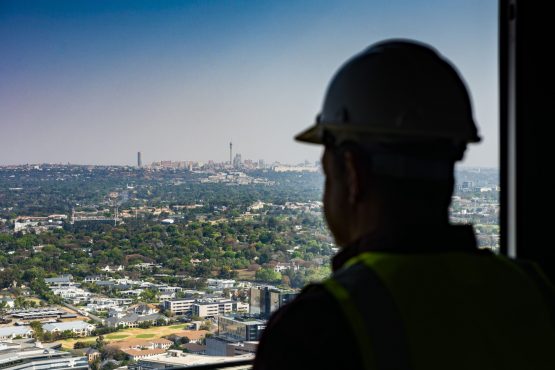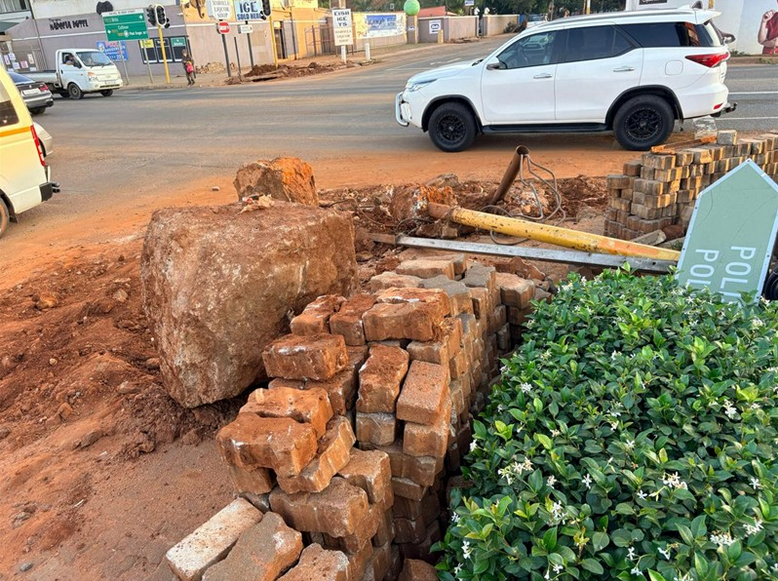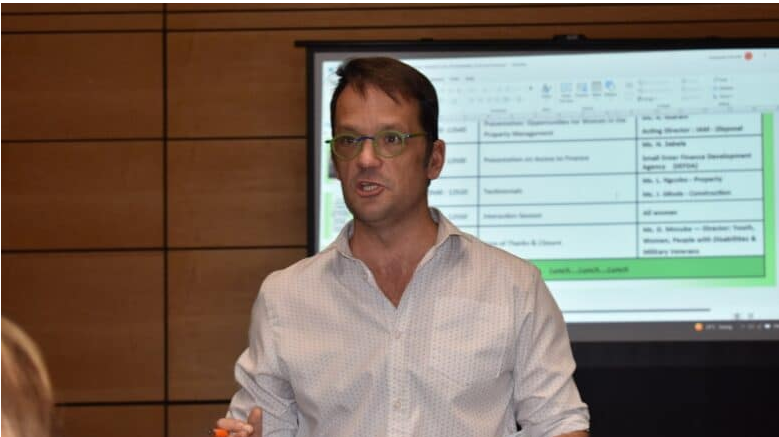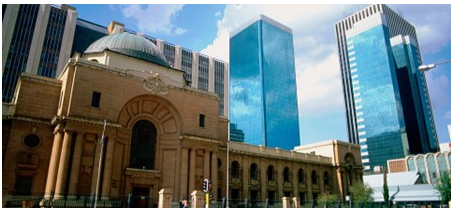Sapoa interdicts the CoJ from implementing development surcharge policy

Advertising
03-08-2022
Read : 705 times
Moneyweb
Source
The South African Property Owners Association (Sapoa) has filed an application with the High Court to interdict the City of Johannesburg (CoJ) from implementing its 2021 Development Contributions Policy (DCP), saying that the city misunderstands its powers under current laws.
In the application, the association is also prohibiting the city from imposing conditions – in the granting of a land development application – that will require applicants to pay extra development fees or contributions for either services or infrastructure, apart from what is already directly required for the said development.
The crux of the drawn-out dispute between Sapoa and the city is the fact that the policy seeks to compel property developers to pay a development surcharge – determined by municipalities – as a condition for approving a land development application.
Sapoa says the current policy would allow the city to use the extra fees it will charge developers to “cross-subsidise services in other areas via a Development Contributions regime imposed on specific development applications.”
According to the association, the city wrongly interprets its powers to pull-off this policy from the Spatial Planning and Land Use Management Act (Spluma).
“Our application relates to the fact that the city, as with all municipalities, can only exercise the powers they have been given under the Constitution and national laws. Spluma does not permit the scheme that the policy envisages,” Sapoa CEO Neil Gopal says in a statement.
“Land developers already carry an enormous financial risk and requiring them to fund infrastructure in other parts of the city is not only unlawful but unfair.”
“They accept the responsibility to provide capacity in external infrastructure impacted by their developments, not in unrelated infrastructure. Municipalities have other lawful funding mechanisms for that purpose,” Gopal adds.
The CoJ is not the only municipality looking to implement the policy. The eThekwini Municipality has also endorsed the implementation of the contributions policy. In early June, Moneyweb reported on Sapoa’s intentions to challenge the implementation of the policy in the Durban metro.
Driving away investors
Another argument against the policy that Sapoa has put forth, is the policy’s impact on investment in the city. According to the association, the additional costs that the CoJ wants to impose on developers may deter them from pursuing further infrastructure development in the country.
“Leaving aside the issue of legality, there is a matter of economic principle. The policy will be disastrous for the prospects of [a] city’s development, adding a financial burden that is unsustainable in the present economic climate.”
“As a consequence, the policy will defeat its explicit purpose, which is the stimulation of development across the city,” Gopal adds.
Recent News
Here are recent news articles from the Building and Construction Industry.
Have you signed up for your free copy yet?









